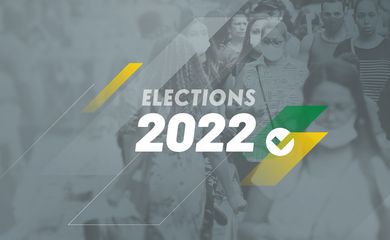Over 156 million Brazilians eligible to vote Sunday

An estimated 156 million Brazilians will choose next Sunday (Oct 2) who is going to occupy the posts of president, governor, and senator, as well as federal and state representatives.

In Brazil, voting is also compulsory for everyone aged over 18. Citizens who fail to vote and show no justification are subject to penalties under the law. When Brazilians turn 70, voting becomes optional. Changes in the law have made voting optional also for young people aged between 16 and 18.
For Brazilian court authorities, voting is fundamental—even for those allowed not to vote. “Fulfilling one’s role as a citizen begins with choosing who should represent the people in the Executive and Legislative branches at federal, state, and municipal levels. It is therefore vital that all voters—even those for whom voting is optional—go to the polls on Sunday, the first round of the general elections, as well as on October 30 (in a possible second round), to help define the country’s destiny,” a note from the country’s top electoral court reads.
Figures
Per official data, 156,454,011 million Brazilians are eligible to vote in the 2022 elections. There has been a 6.21 percent expansion in the electorate since the nation’s last general election in 2018. Back then, it totaled 147,306,275 people.
Even though casting a ballot is optional for this portion of the population, the number of 16- and 17-year-olds who registered to vote in 2022 grew 51.13 percent, adding up to 2,116,781. In the 2018 elections, this age group totaled 1,400,617 youngsters. These are electors aged 16 and 17 who will be that age on October 2, the date of the first round of the election.
The surge is believed to stem chiefly from the Young Voter Week. In the first four months of 2022 alone, Brazil gained more than 2 million young electors.





